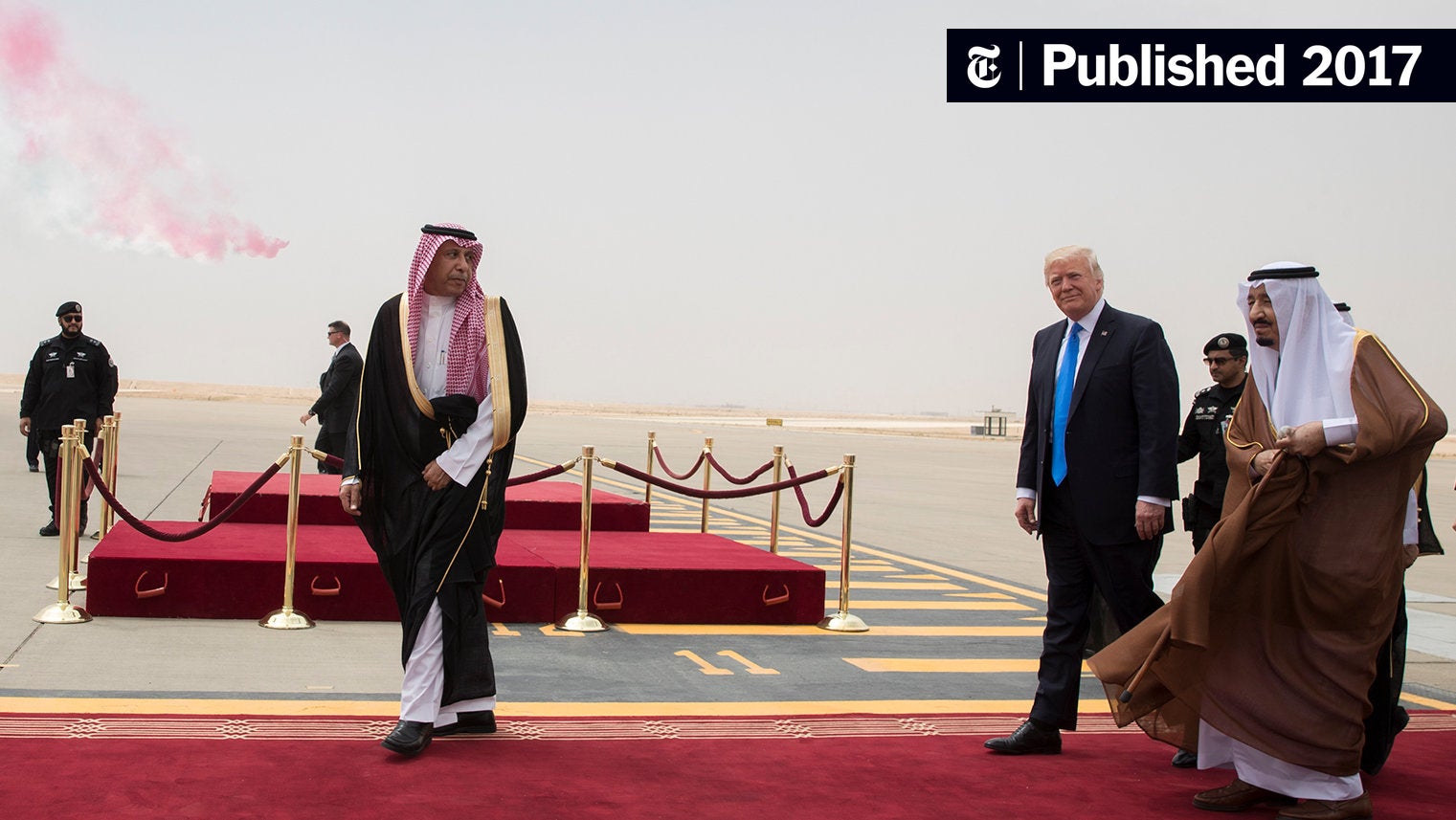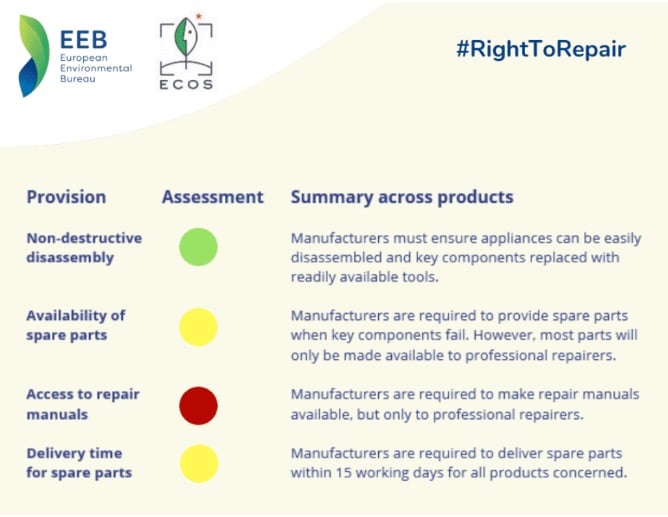Assessing The Winners And Losers In Trump's Middle East Diplomacy

Table of Contents
Abraham Accords: A Triumph for Normalization or a Pyrrhic Victory?
The Abraham Accords, brokered by the Trump administration in 2020, normalized relations between Israel and several Arab nations, including the UAE, Bahrain, Morocco, and Sudan. This landmark achievement was hailed as a major foreign policy success, but a closer examination reveals both gains and significant shortcomings.
Key Players and Their Gains:
- Israel: The Accords significantly enhanced Israel's regional security by forging alliances with key Arab states. It also broadened its diplomatic footprint, opening doors for increased economic cooperation and technological exchange. This marked a significant shift from previous decades of regional isolation.
- UAE, Bahrain, Morocco, Sudan: These nations gained access to advanced US technology and military hardware, bolstering their defense capabilities. Economically, the Accords opened new markets and investment opportunities. Furthermore, these countries enhanced their international standing by aligning themselves with a major global power.
- US: The Trump administration saw the Accords as a major foreign policy achievement, showcasing its ability to broker peace deals in a notoriously volatile region. The success boosted the administration's image on the world stage and arguably strengthened US influence in the Middle East.
Criticisms and Unresolved Issues:
Despite the apparent successes, the Abraham Accords have faced considerable criticism.
- Palestinian concerns were largely ignored: The Accords failed to address the core issues of the Israeli-Palestinian conflict, such as the establishment of a Palestinian state and the resolution of the status of Jerusalem. This omission has fueled resentment and hindered prospects for a lasting Middle East peace process.
- Underlying conflicts remain unaddressed: The Accords did not resolve underlying tensions and conflicts in the region, raising concerns about future instability. The normalization agreements, while significant, did little to alleviate the root causes of conflict.
- Focus on normalization overshadowed core Palestinian issues: The emphasis on normalization between Israel and Arab states overshadowed the long-standing Palestinian quest for self-determination and statehood, reinforcing concerns about a two-state solution becoming increasingly unrealistic.
Iran: Heightened Tensions and Shifting Alliances
Trump's policy towards Iran was characterized by a "maximum pressure" campaign, employing stringent economic sanctions and a withdrawal from the Iran nuclear deal (JCPOA).
Maximum Pressure Campaign: Successes and Failures:
- Economic sanctions crippled the Iranian economy: The sanctions significantly impacted Iran's oil exports and access to international financial markets, leading to a severe economic downturn.
- Limited success in altering Iranian nuclear ambitions: While the sanctions put pressure on Iran, they did not significantly alter its nuclear ambitions. Iran continued to advance its nuclear program, albeit at a slower pace.
- Increased regional proxy conflicts: The maximum pressure campaign inadvertently exacerbated regional proxy conflicts, as Iran sought to counter US pressure through its regional allies.
Regional Impact and Shifting Dynamics:
Trump's Iran policy had far-reaching implications for regional dynamics:
- Strengthened alliances with Saudi Arabia and other Gulf states against Iran: The shared concern about Iran's regional influence fostered closer alliances between the US and several Gulf states.
- Escalated tensions with Iran, leading to increased risk of conflict: The confrontational approach significantly increased the risk of a direct military confrontation with Iran.
- Unintended consequences, including increased regional instability: The policy's unintended consequences included increased regional instability, heightened sectarian tensions, and a deterioration of humanitarian conditions in some areas.
Syria: Limited Intervention and Shifting Priorities
Trump's approach to the Syrian civil war involved a significant reduction in US military involvement.
Withdrawal of US Troops and Impact:
- Withdrawal created a power vacuum exploited by Russia and Iran: The withdrawal of US troops left a power vacuum, which Russia and Iran swiftly filled, enhancing their influence in Syria.
- Weakened Kurdish allies in the fight against ISIS: The US withdrawal weakened its Kurdish allies, who had been key partners in the fight against ISIS. This left the Kurds vulnerable to attacks from Turkey and other regional actors.
- Led to increased regional instability: The US withdrawal contributed to increased regional instability in Syria and surrounding areas, exacerbating existing humanitarian crises.
Focus on ISIS Defeat:
While the withdrawal was controversial, the Trump administration did prioritize defeating ISIS's territorial control.
- Significant progress made in defeating ISIS territorial control: ISIS lost most of its territorial control in Syria and Iraq during Trump's presidency.
- However, ISIS's ideological influence remains: Despite the territorial losses, ISIS’s ideological influence and its capacity for insurgency persist, posing a continued threat.
- Continued concerns about ISIS resurgence: The diminished US presence and the instability in the region raised concerns about a potential resurgence of ISIS.
Conclusion
Trump's Middle East diplomacy produced a mixed bag of results. While the Abraham Accords represented a significant diplomatic achievement, promoting normalization between Israel and several Arab nations, the administration's policies toward Iran and Syria created considerable instability and raised serious questions about their long-term effects on regional peace and security. A comprehensive assessment requires acknowledging both the successes and failures, and recognizing the long-term implications of these actions on various players in the region, from Israel and the Gulf States to the Palestinians and the Kurds. Further research is needed to fully understand the lasting consequences of Trump's Middle East Diplomacy and its impact on regional stability. To delve deeper into the complexities of this pivotal period in Middle Eastern affairs, continue exploring resources on Trump's Middle East Diplomacy and its multifaceted legacy.

Featured Posts
-
 Gilbert Burns Ko D By Morales At Ufc Vegas 106 Implications For Welterweight Division
May 18, 2025
Gilbert Burns Ko D By Morales At Ufc Vegas 106 Implications For Welterweight Division
May 18, 2025 -
 Amanda Bynes Strength Overcoming Challenges In The Public Eye
May 18, 2025
Amanda Bynes Strength Overcoming Challenges In The Public Eye
May 18, 2025 -
 Snl Live Tv Audience Profanity Incident What Happened
May 18, 2025
Snl Live Tv Audience Profanity Incident What Happened
May 18, 2025 -
 Analyzing Red Carpet Guest Behavior A Focus On Rule Breaking
May 18, 2025
Analyzing Red Carpet Guest Behavior A Focus On Rule Breaking
May 18, 2025 -
 The Us Armys Right To Repair Initiative Benefits Challenges And Future Outlook
May 18, 2025
The Us Armys Right To Repair Initiative Benefits Challenges And Future Outlook
May 18, 2025
